Accenture: Companies with AI-led Processes Outperform Peers by 2.5x in Revenue Growth
Accenture: Firms with AI-led processes see 2.5x faster revenue growth—laggards risk falling behind


The artificial intelligence revolution is no longer a distant prospect—it is already reshaping industries at scale. Accenture’s 2024 global research shows a striking divide: organizations that embed AI in Business processes are outperforming their peers by 2.5x in revenue growth, with measurable productivity and innovation gains. The implication is clear—companies slow to adopt will find themselves at a serious competitive disadvantage.
McKinsey Report: How Generative AI is Reshaping Global Productivity and the Future of Work. Read more here!
The AI Performance Divide
Accenture’s study, Reinventing Enterprise Operations with Gen AI, surveyed 2,000 executives across 12 countries and 15 industries. By applying machine learning models to more than 80 capability indicators, the research established a rigorous framework for understanding AI Business Solutions maturity.
The findings reveal a widening performance gap:
- 2.5x higher revenue growth for reinvention-ready organizations compared to foundational peers
- 2.4x productivity improvements across core functions
- 3.3x higher success rates in scaling Generative AI use cases
- 30% of revenue, on average, tied directly to AI-driven initiatives
What makes this even more significant is the pace of change. The share of companies that achieved full AI-led modernization jumped from 9% in 2023 to 16% in 2024—a 78% year-over-year increase signaling an inflection point for enterprise adoption.
This rapid transformation brings us to a crucial factor: financial return.
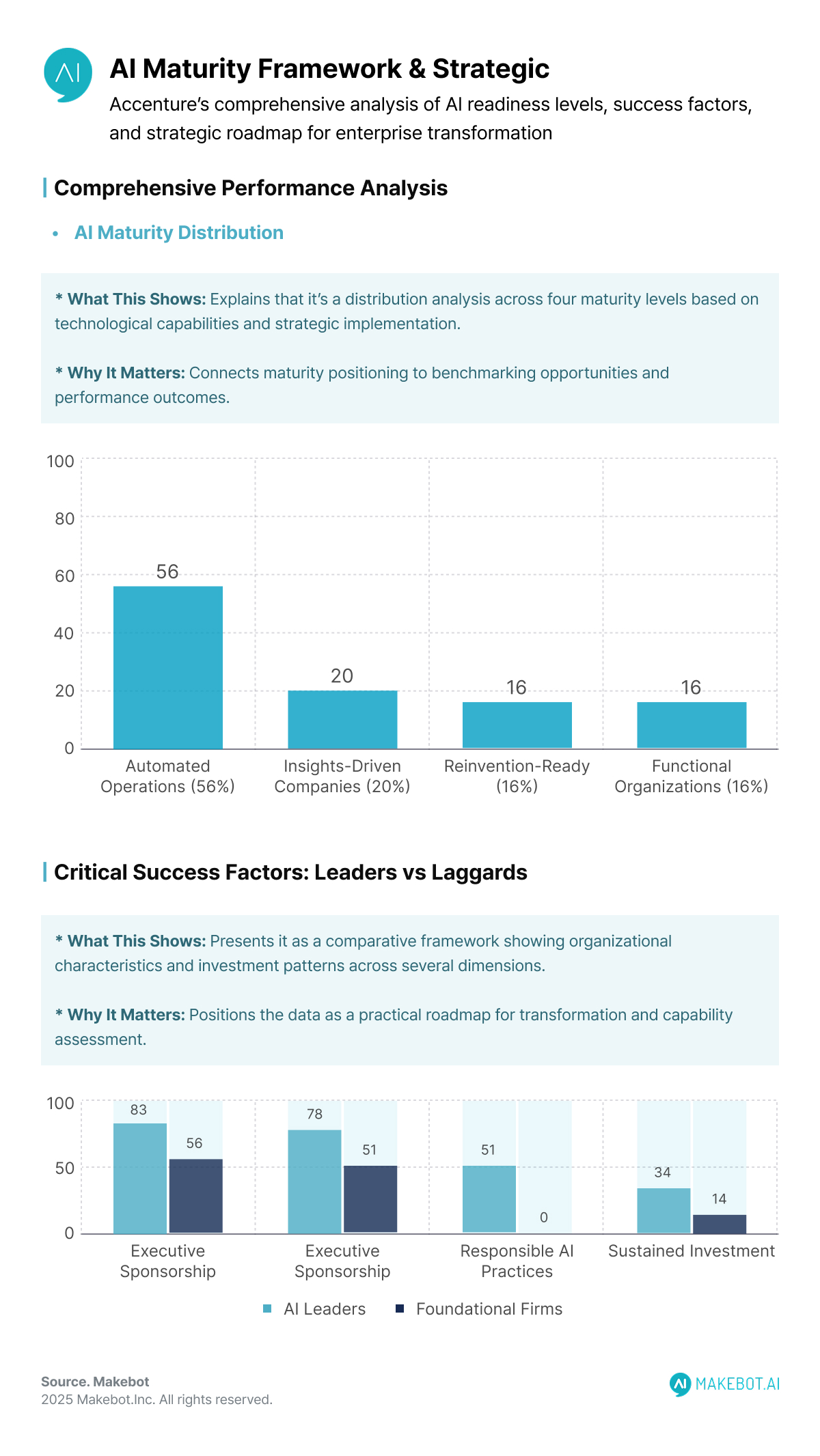
Investment Returns
Executives are not just investing in AI—they are seeing returns faster than traditional digital transformation programs. According to Accenture, 74% of organizations report their Generative AI and automation investments met or exceeded expectations, while 42% achieved ROI beyond projections.
Remarkably, AI-driven transformation occurs 16 months faster than legacy digital initiatives, suggesting that AI is not only effective but also accelerates organizational reinvention.
These measurable results have reshaped how businesses view revenue potential, ushering in the era of “AI-influenced revenue.”
AI-Influenced Revenue Evolution
AI in Business is no longer limited to back-office automation—it is driving topline growth. Accenture’s study tracked revenue influenced by AI tools for business, including:
- Sales strategies enhanced by AI-driven insights
- New product development through human-AI collaboration
- Dynamic pricing optimization across markets
This metric more than doubled between 2018 and 2021 and is projected to triple by 2024. The trajectory underscores AI’s transition from cost-saver to revenue engine.
Naturally, this expansion is uneven across industries and regions, where adoption patterns reveal the strategic priorities of “reinvention-ready” companies.
The Future of GenAI Development: Why 80% of Applications Will Build on Existing Infrastructure by 2028. More here!
Functional and Geographic Adoption Patterns
Across global enterprises, AI Business Solutions are being deployed at scale:
- IT Operations: 75% adoption of Generative AI for automation
- Marketing: 64% leveraging AI for personalized campaigns
- Customer Service: 59% deploying AI-powered support platforms
- Finance: 58% integrating automated processes
- R&D: 34% accelerating innovation with AI
Regional variations are also significant. In India, finance leads AI adoption at 76%, followed by IT and security (65%) and customer service (63%). Such disparities reflect both market dynamics and strategic focus, reminding organizations that AI roadmaps must align with regional operating contexts.
These patterns map onto a broader framework: AI maturity.

The AI Maturity Framework
To measure readiness, Accenture developed an AI maturity model powered by machine learning analysis:
- Foundational Organizations (8%) – Minimal automation, siloed data, and no clear AI strategy
- Automated Operations (56%) – Low-code/no-code automation and pilot-level AI adoption
- Insights-Driven Companies (20%) – Federated governance, domain expert curation, and self-service analytics
- Reinvention-Ready (16%) – Fully modernized data foundations, end-to-end platform integration, and scaled AI Business Solutions
The real differentiator lies in the capabilities developed at each stage, which determine how quickly organizations can leverage LLMs and other advanced technologies.
Critical Success Factors for AI Leadership
Accenture identified five pillars that separate AI leaders from laggards:
- Executive Sponsorship – 83% of reinvention-ready firms have CEO-level AI advocacy, compared to 56% among foundational peers.
- Comprehensive Talent Strategy – 78% of leaders provide mandatory AI training across all levels, versus 51% among beginners.
- Industrialized AI Core – Advanced firms build integrated platforms combining data, technology, and people, enabling enterprise-scale deployment.
- Responsible AI Practices – Leaders are 53% more likely to implement ethical AI frameworks for bias mitigation and compliance.
- Sustained Investment – Top performers allocate 34% of tech budgets to AI by 2024, compared with just 14% in 2018.
These factors directly support the adoption of Large Language Models (LLMs)—the most transformative frontier in enterprise AI.
The LLM Revolution in Enterprise Operations
The rise of the Large Language Model marks a structural shift in enterprise automation. Companies leveraging LLM-based AI Business Solutions report breakthroughs in:
- Document Processing – Multilingual search and intelligent data extraction
- Content Generation – Context-aware drafting for marketing, HR, and compliance
- Software Development – AI-assisted coding, debugging, and documentation
- Customer Engagement – Natural language-powered support at scale
Successful deployments, however, depend on technical foundations: curated prompt libraries, knowledge-base-as-a-service, and seamless integration within digital enterprise cores. Without these, LLM adoption risks underperformance.
Yet, even with transformative potential, barriers remain.
Barriers to AI Transformation
Despite rapid gains, organizations face three persistent challenges:
- Data Readiness – 61% of firms say their data isn’t prepared for Generative AI, while 70% struggle to scale proprietary datasets.
- Talent Gaps – 82% of early-stage firms lack a workforce reinvention strategy, while 78% of executives admit AI is advancing faster than training programs.
- Organizational Agility – 64% of global firms struggle with operational restructuring, limiting AI adoption.
These constraints explain why global AI maturity levels differ significantly across markets.
Strategic Recommendations for AI Implementation
To accelerate maturity, Accenture outlines four key strategies:
- Centralized Data Governance – Standardize, secure, and modernize data for seamless use across AI tools for business
- Talent-First Reinvention – Launch AI literacy programs, hands-on application training, and continuous workforce transformation
- Cross-Functional Collaboration – Bridge business and technology teams with joint ownership of AI assets
- Process Mining & Benchmarking – Use cloud-based benchmarking to optimize processes and quantify AI impact
These recommendations directly prepare organizations to scale Generative AI and LLM solutions responsibly.
Future Implications and Market Trajectory
Accenture’s predictive modeling suggests that in 2024, AI achievers will more than double from 12% to 27% of global enterprises. At that point, AI leadership will no longer be optional—it will be the baseline for competitiveness.
Companies that delay risk significant loss of market share as AI in Business becomes the standard for efficiency, innovation, and customer engagement. Crucially, the research emphasizes that technology alone is not the differentiator; rather, organizational readiness—spanning AI Business Solutions, culture, and governance—defines success.
As Generative AI continues to evolve, the gap between leaders and followers will only widen, underscoring one reality: acting now is the only viable strategy for long-term resilience in an AI-driven marketplace.
Showcasing Korea’s AI Innovation: Makebot’s HybridRAG Framework Presented at SIGIR 2025 in Italy. More here!
Makebot Delivers the Competitive Edge
Accenture’s research proves it—companies embedding AI into their core processes grow 2.5x faster than peers. But unlocking this value requires more than off-the-shelf tools; it demands enterprise-ready, customized AI solutions. That’s where Makebot leads.
This is where Makebot bridges the gap. We go beyond technology delivery, providing industry-specific LLM agents and end-to-end AI solutions tailored to your business strategy and goals.
Why Choose Makebot?
- Industry-Specific LLM Agents: From healthcare agents used by leading hospitals like Seoul National University Hospital and Gangnam Severance Hospital, to solutions for finance, retail, and the public sector, Makebot delivers customized AI you can trust.
- Ready-to-Deploy AI Solutions: Upgrade or replace your chatbot with BotGrade, enhance customer service with MagicTalk, process complex data with MagicSearch, or automate 24/7 voice consultations through MagicVoice.
- Rapid PoC to Deployment: Quickly transform ideas into proof of concept and scale to production—maximizing adoption speed and ROI.
- Global-Verified Technology: With HybridRAG, presented at SIGIR 2025, Makebot achieved a 26.6% accuracy improvement and up to 90% cost reduction, setting new global benchmarks. Backed by multiple LLM/RAG patents and trusted by over 1,000 enterprises, we deliver stability and proven impact.
Generative AI is no longer just an innovation—it’s a core growth engine. With Makebot, you can move strategically from exploration to execution and turn AI potential into measurable business results.
👉 Start your AI journey today: www.makebot.ai
📩 Contact us at b2b@makebot.ai to discuss how we can help you lead the AI shift.

Studies Reveal Generative AI Enhances Physician-Patient Communication








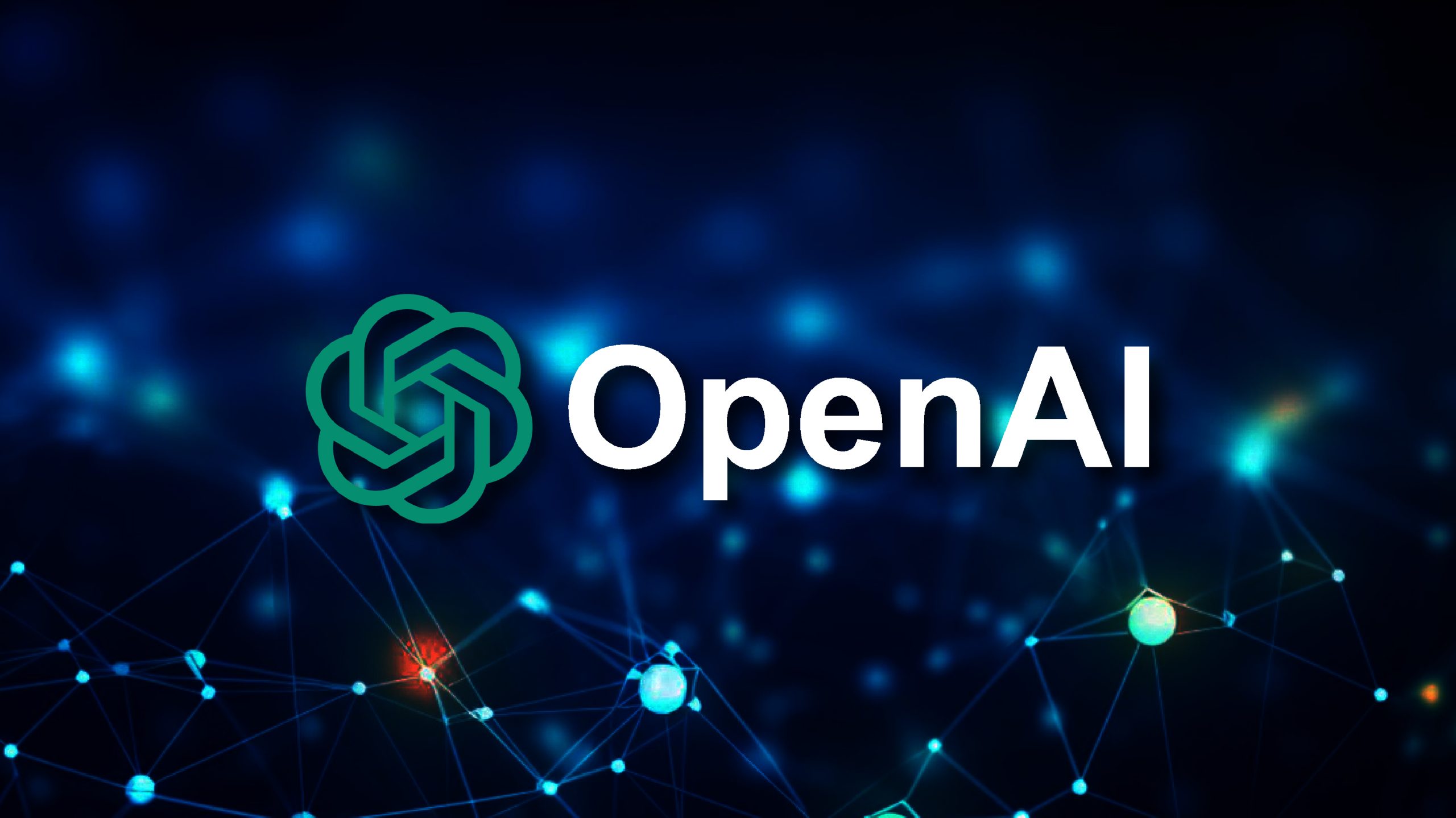



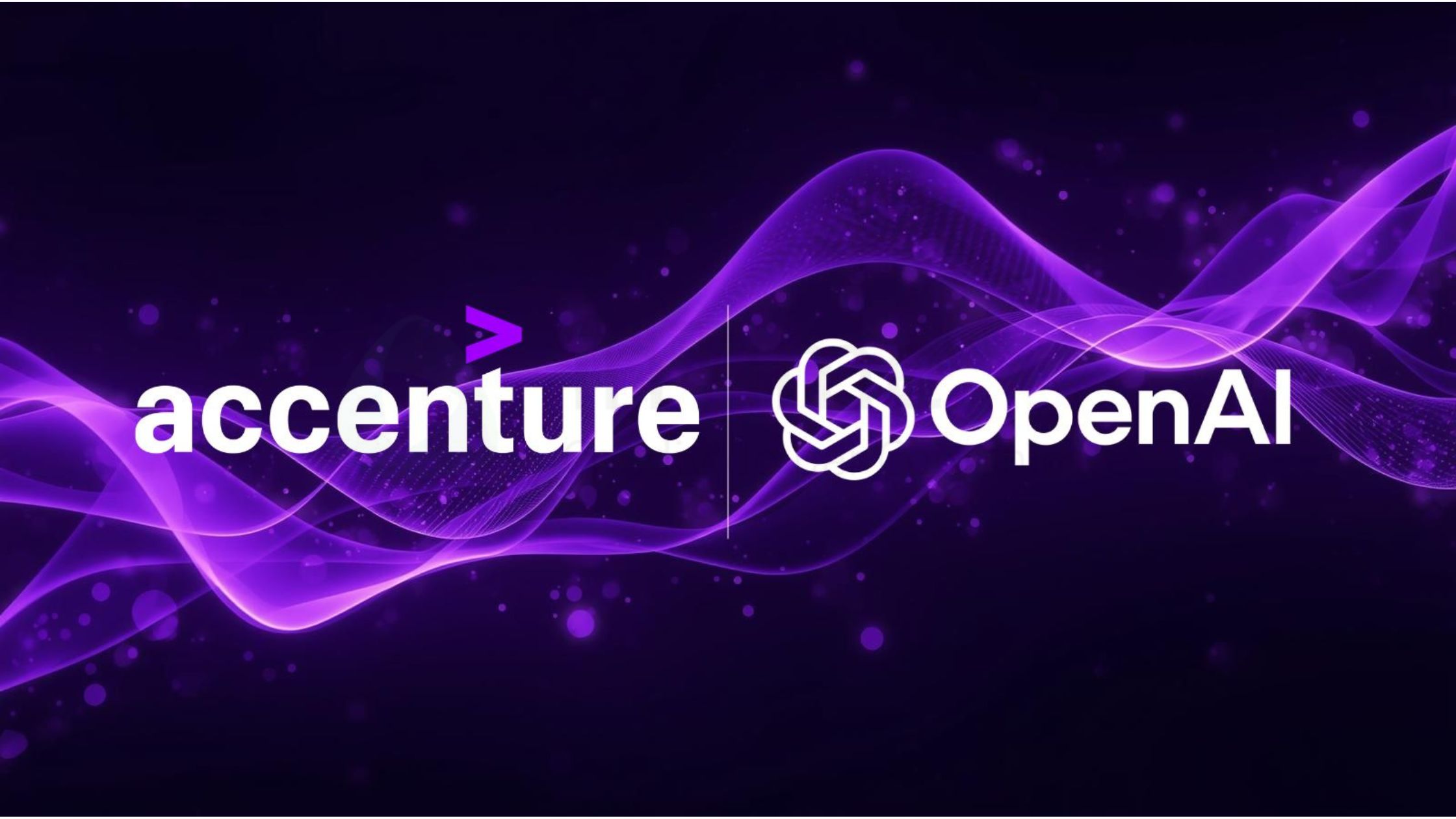
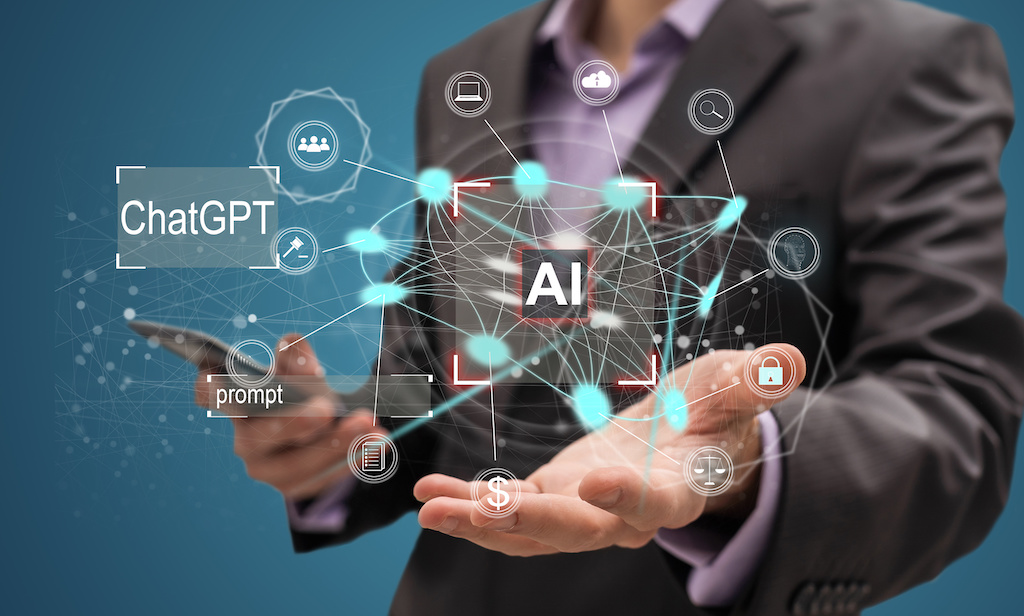



















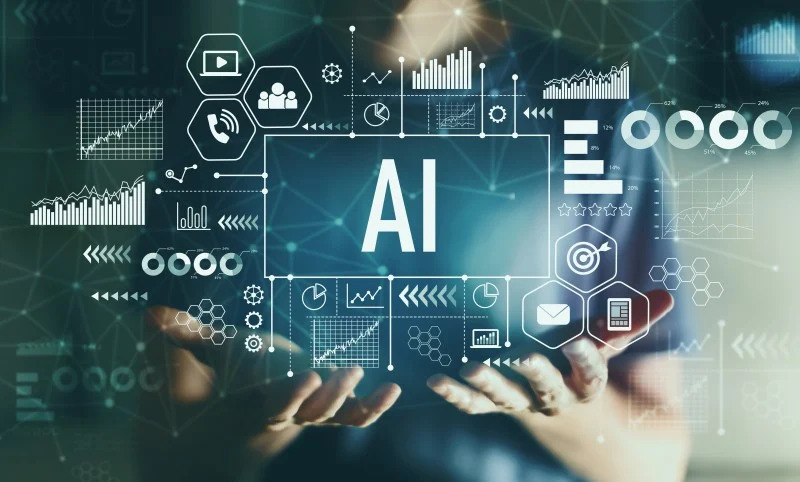









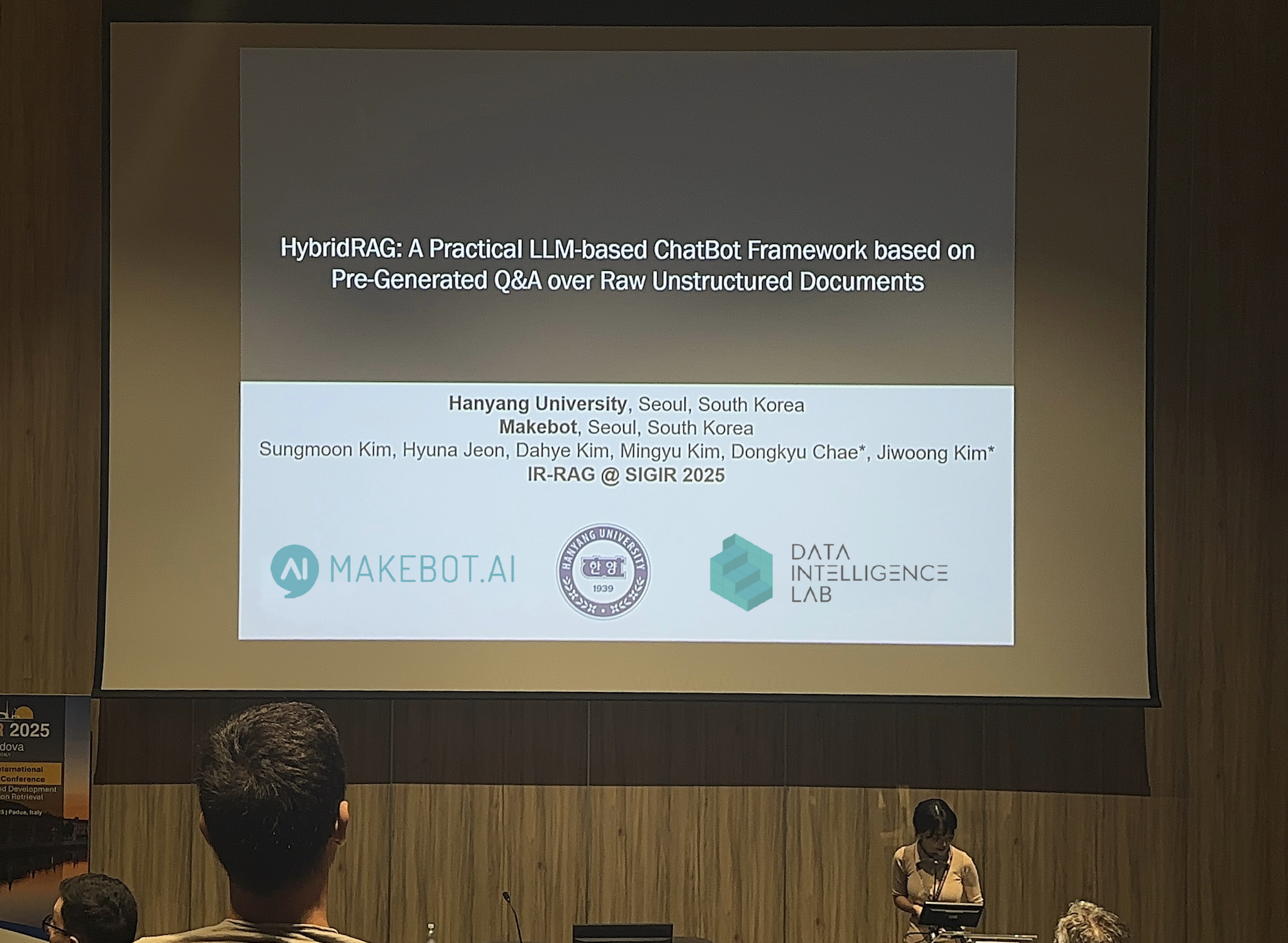









_2.png)


















.jpg)

























